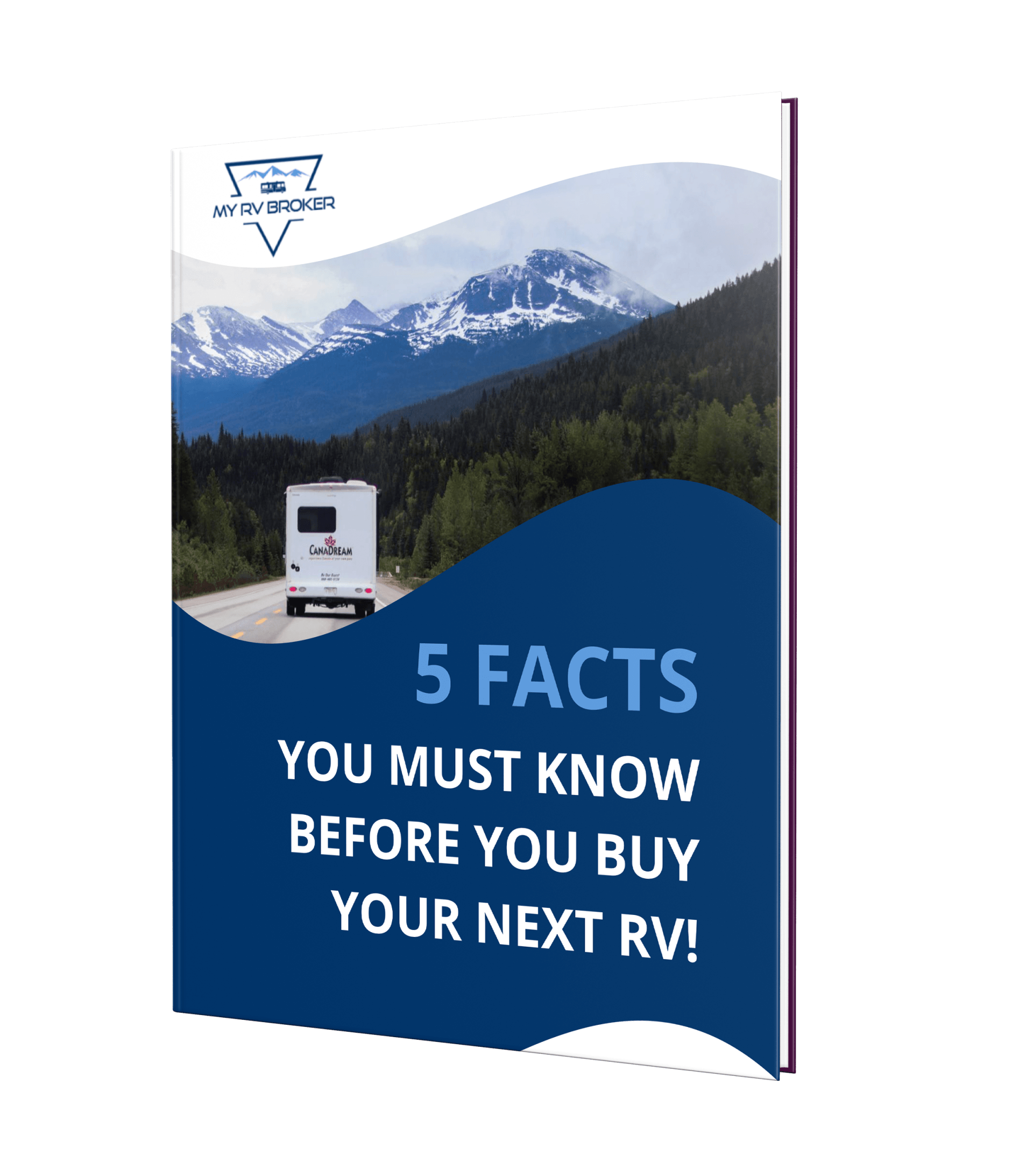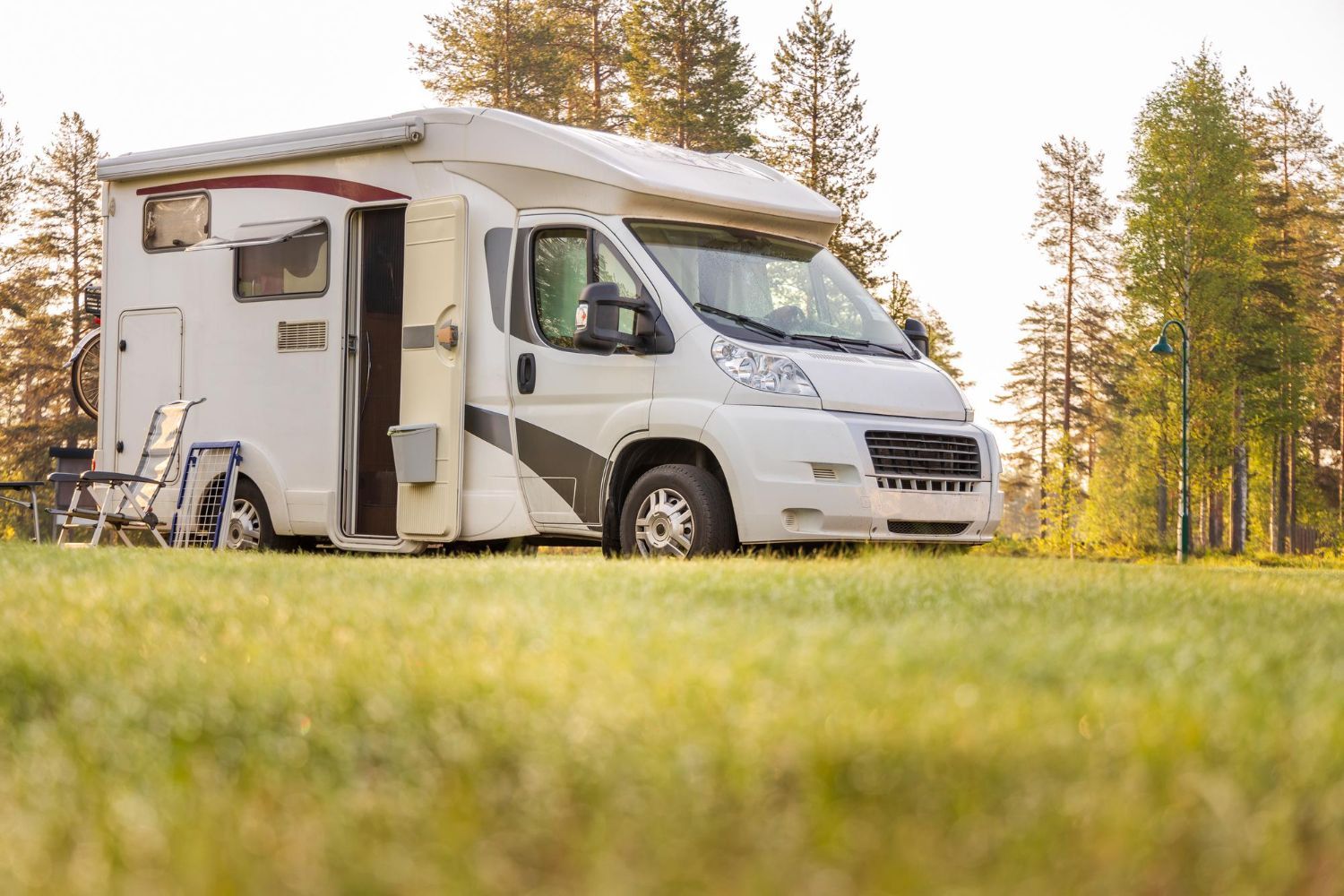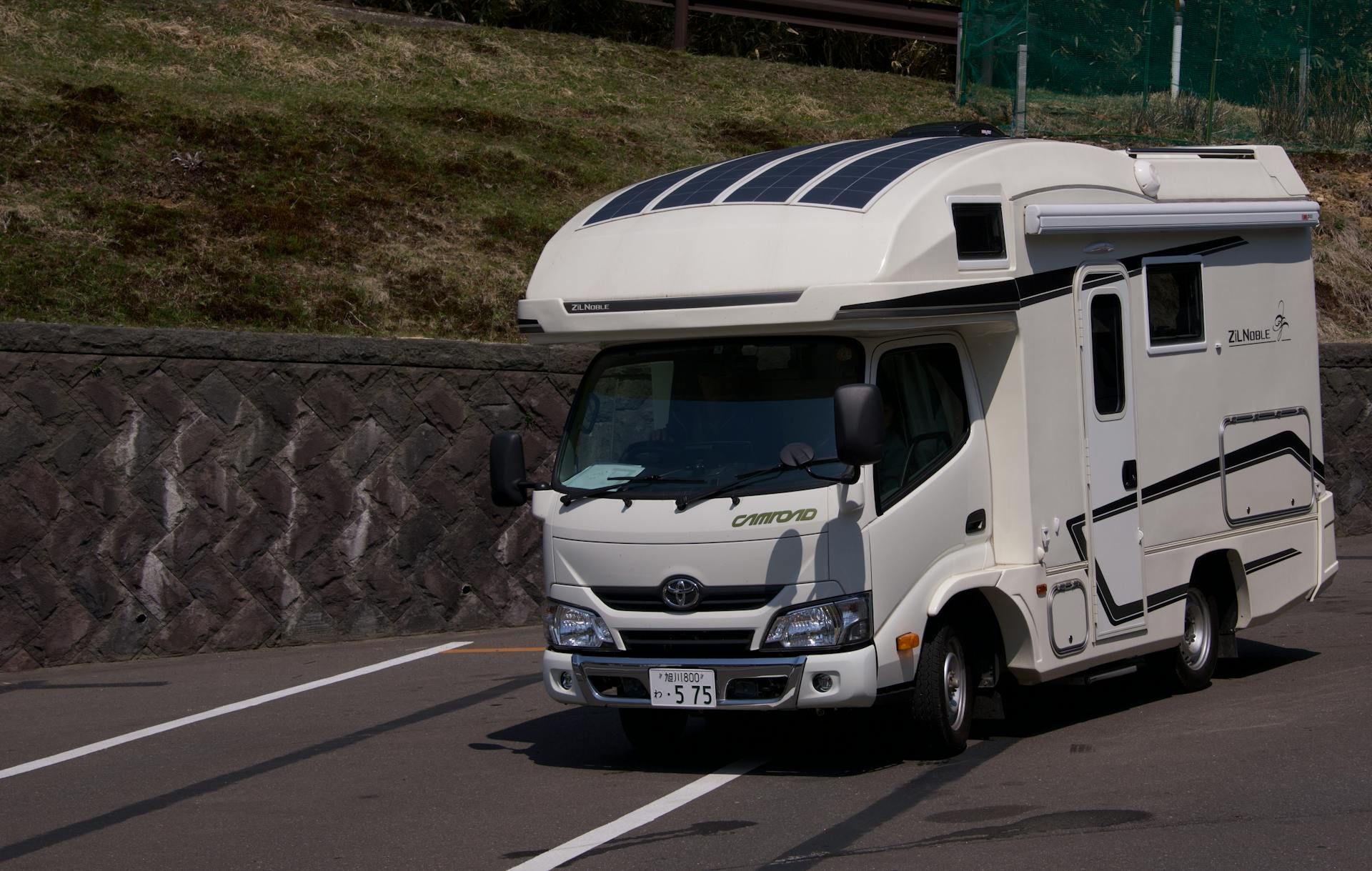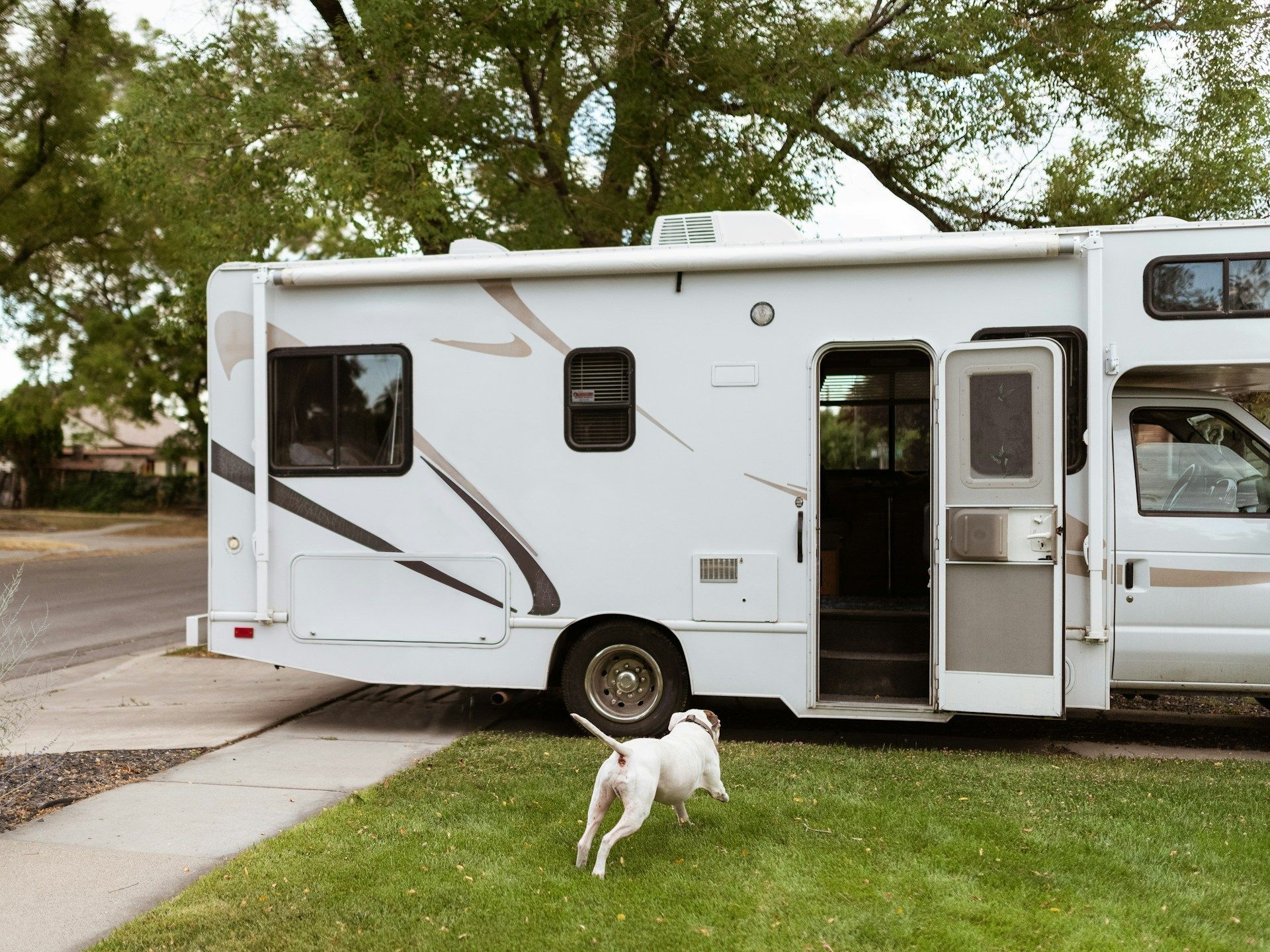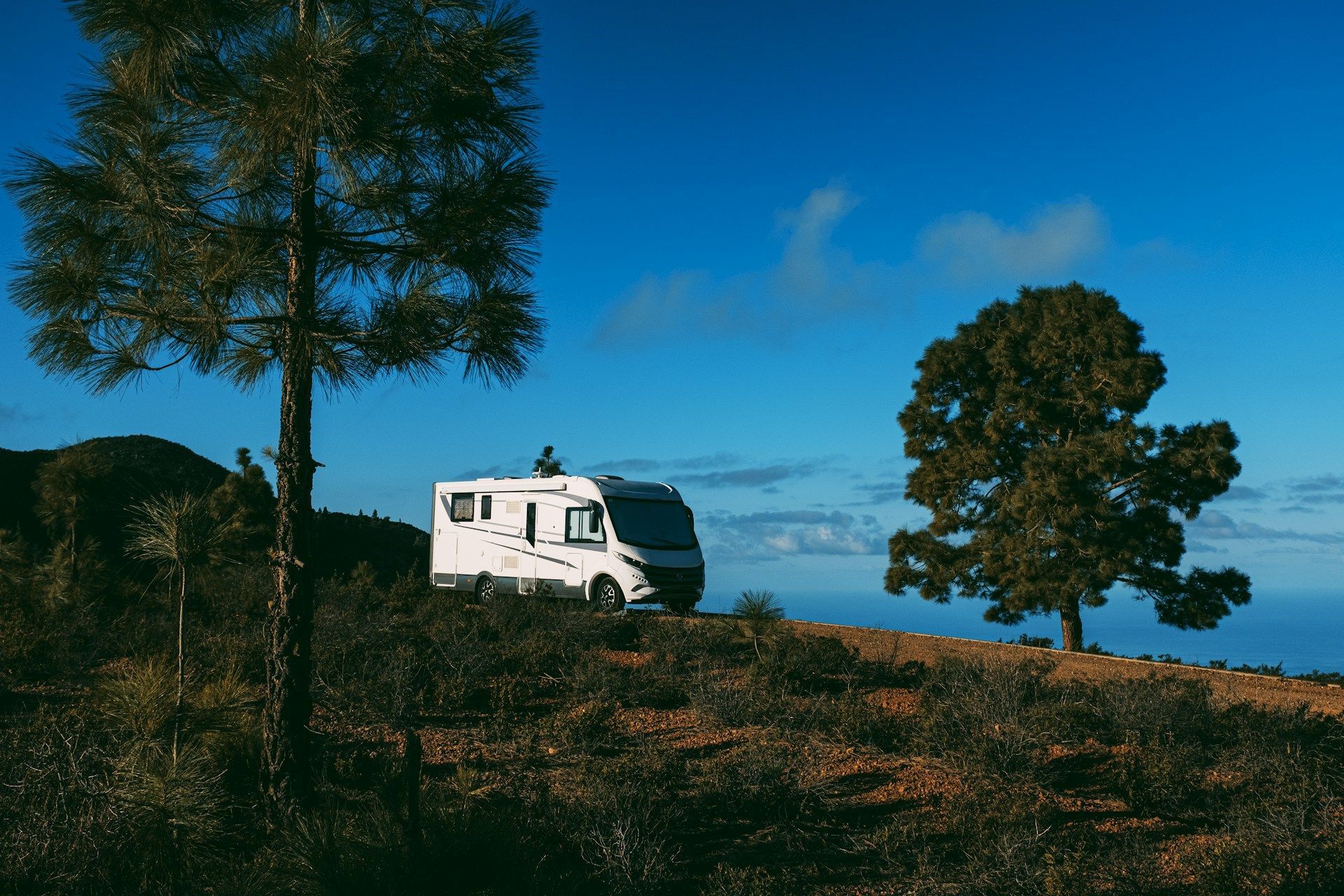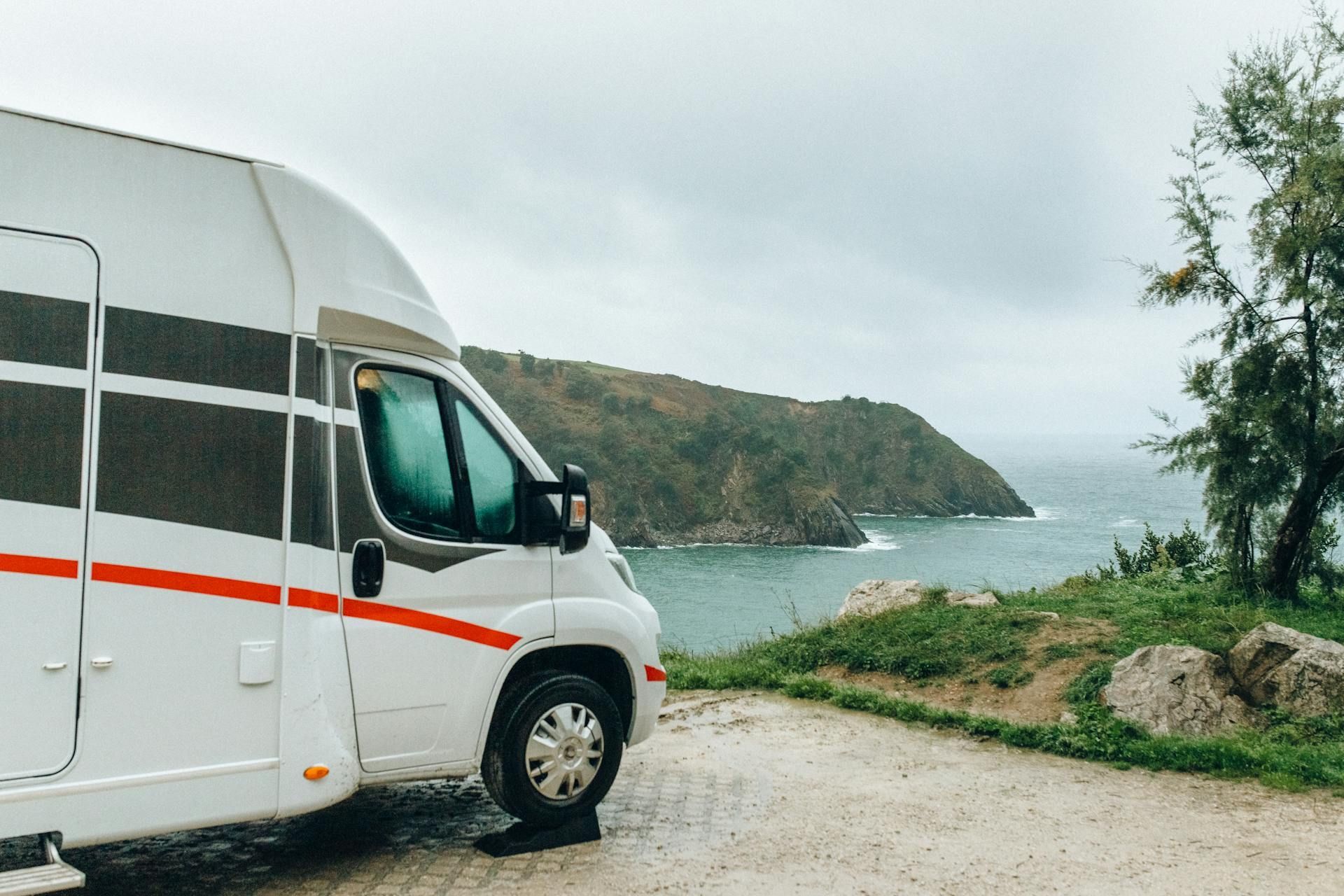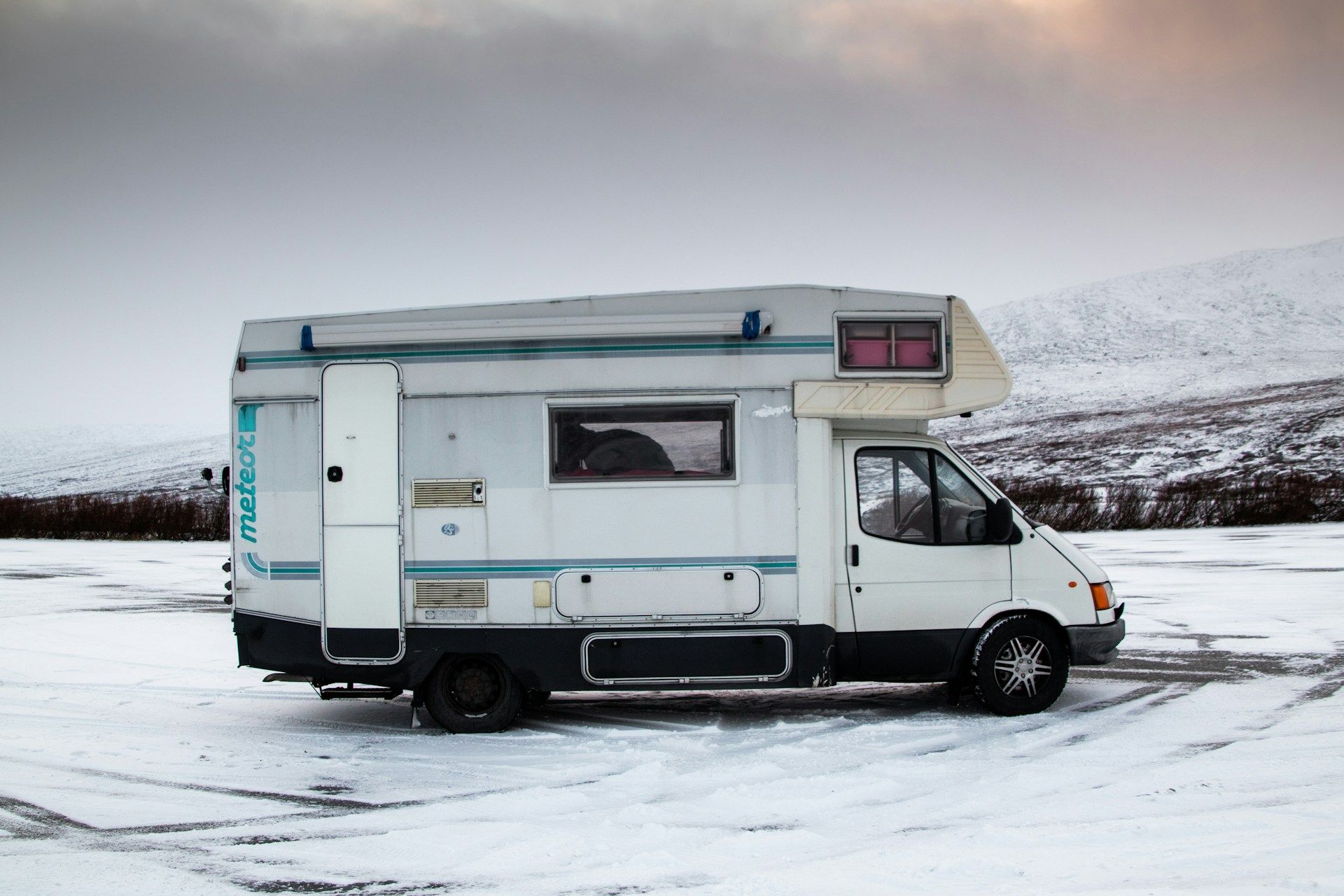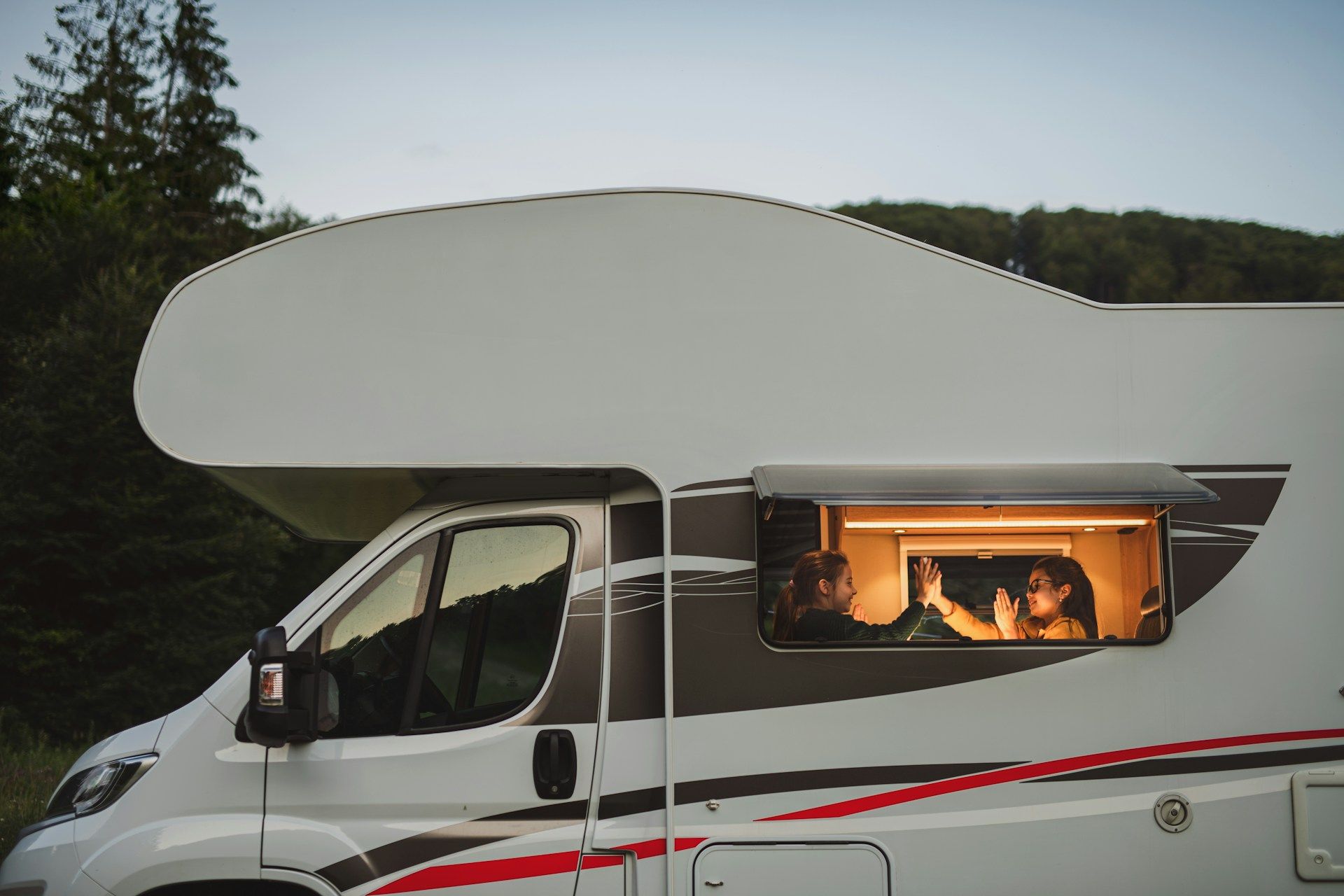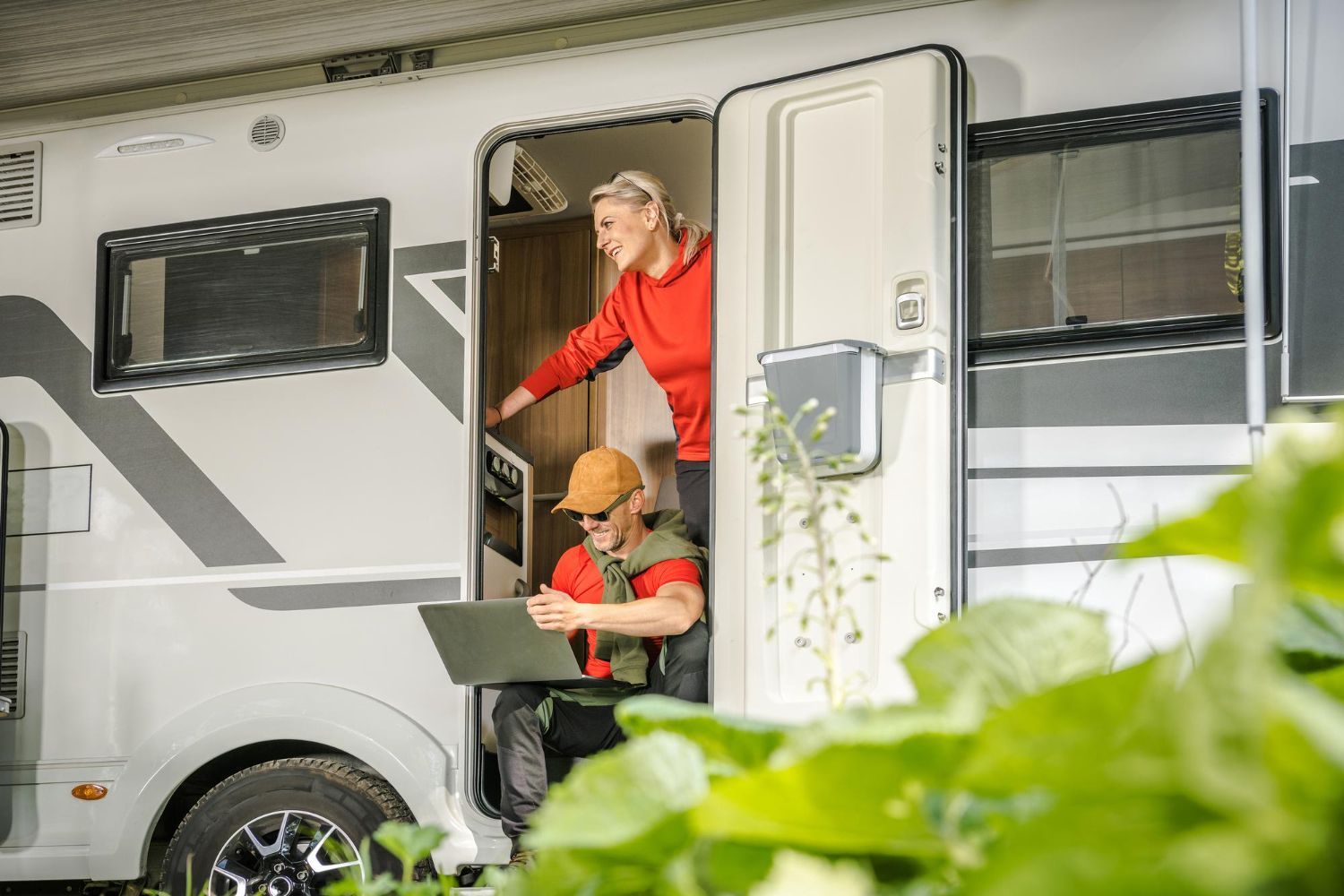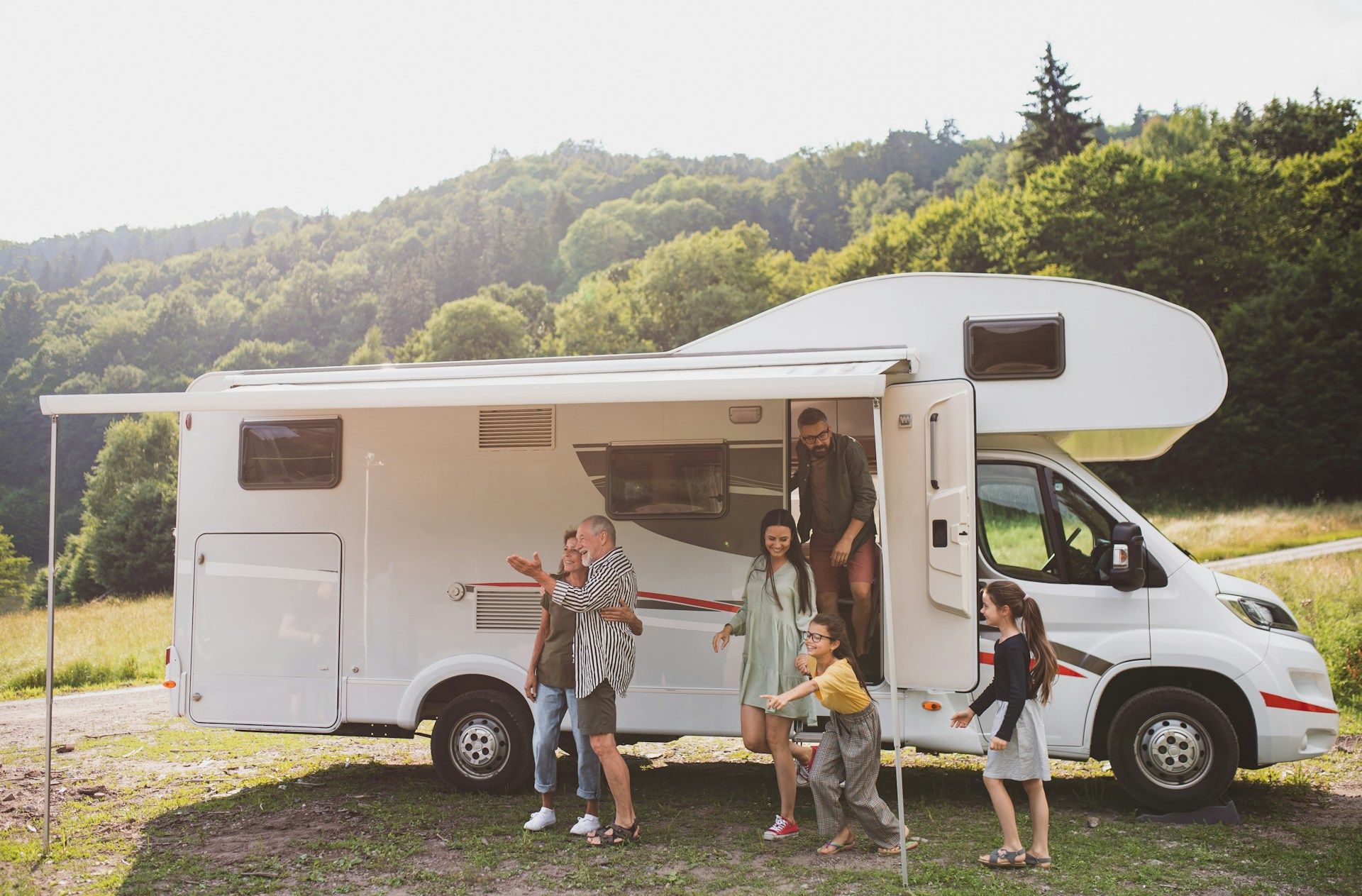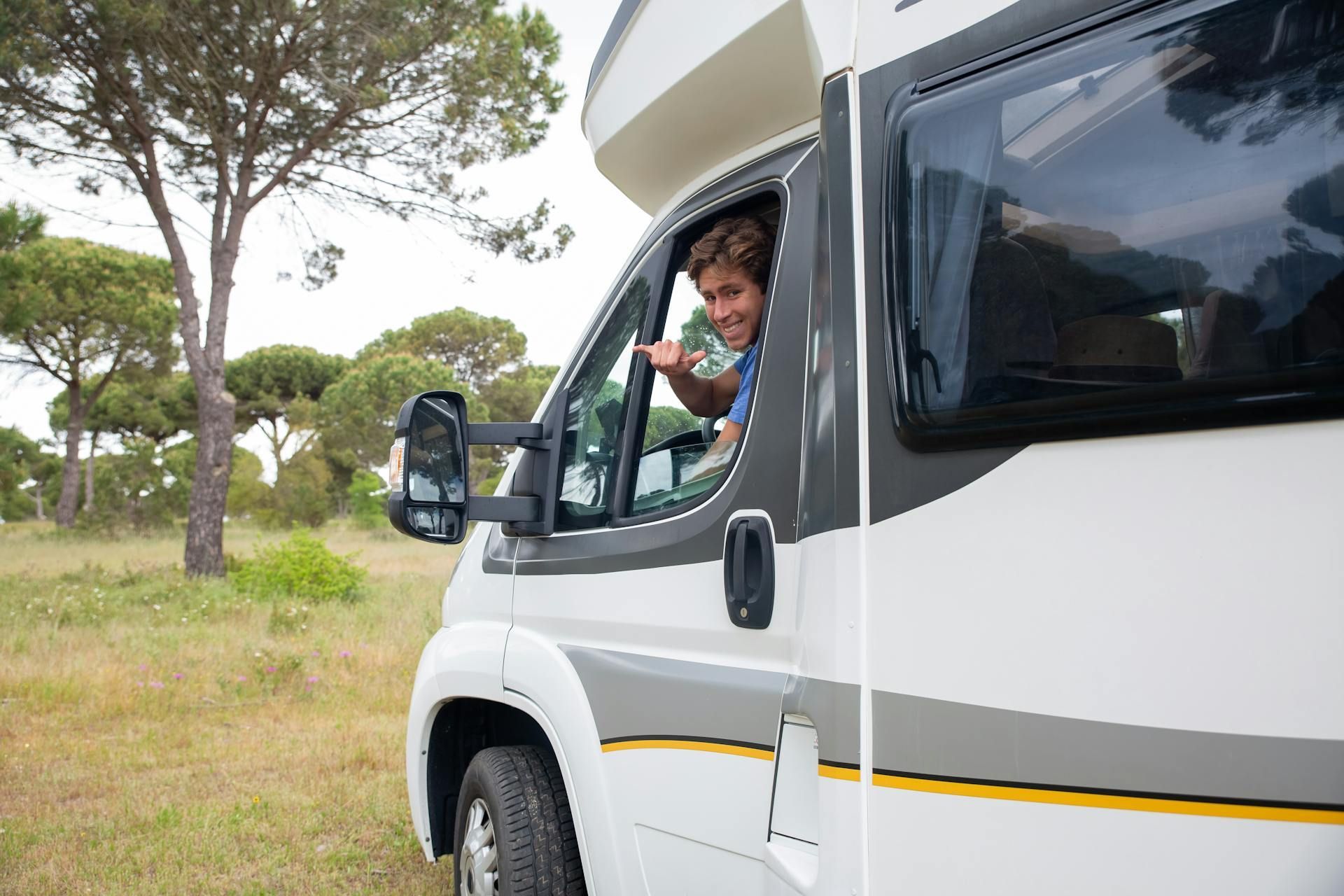What Size RV Should I Buy?

So you're thinking about buying a recreational vehicle (RV). Congratulations! RVs open up a world of adventure and allow you to travel in comfort. With so many RV options out there, one of the most common questions is "What size RV should I buy?"
The answer depends on a variety of factors. Let's explore them so you can make the best decision when visiting your local RV.
Determine the Number of Travelers
Your first consideration is how many people will be traveling in the RV. Even if you're frequently on your own now, think about the future. Will you have guests join you on weekends or longer trips? Do you envision traveling with grandchildren at some point?
If your RV will serve as a second home, you'll want enough sleeping capacity and seating to host family and friends comfortably. Planning for potential extra travelers will help you choose the right floor plan.
On the other hand, if it's mainly you and a partner long-term, a smaller RV will likely suit your needs best.
Set Your Budget
New RVs range dramatically in price from around $10,000 for basic, no-frills models to over $500,000 for large, luxurious motorhomes. Consider how much you can realistically afford to spend upfront, but also project ongoing costs like insurance, maintenance, gas or diesel, campground fees, and more.
Setting a total budget will help narrow your search to RVs in your target price range. You can always scale up or down in the future as your needs and budget evolve.
Decide Which Features Are Essential
RVs come equipped with varying appliances, amenities, and capabilities. Make a list of must-have features based on your travel priorities, such as:
- Sleeping capacity - How many beds/bunks are needed? Any preference for fixed beds vs convertibles?
- Bathrooms - Full bathroom or basic toilet/shower? How many?
- Kitchen facilities - Cooktop, oven, refrigerator, microwave, sink, food prep space?
- Outdoor conveniences - Generator, exterior kitchen, awning, TV hookups?
- Entertainment - TVs, sound system, gaming ability?
- Technology/connectivity - Satellite, WiFi extender, surveillance cameras?
- Toy storage - For bikes, kayaks, motorcycles?
- Pet readiness - Accommodations for pets?
Prioritizing must-have features first will help determine the minimum RV size and models to look for. You can pare back the "nice-to-have" amenities if needed to meet your budget or space requirements.
Consider Your Typical Travel Style
Your anticipated travel patterns should play a major role in choosing an RV size. Important factors to weigh include:
Distance
Are most of your trips less than 250 miles from home? Do you foresee driving across multiple states and visiting National Parks across the country? The fuel efficiency and costs to operate your preferred RV will differ tremendously depending on total mileage.
Duration
Do you plan to live in your RV full-time? Use it mainly for weekend getaways. Take 1-2 extended vacations annually? Need something nimble for short hops or spacious for months away from home?
Roads/Terrain
Mapping out typical destinations will help determine if you'll need clearance for forest service roads or tight maneuverability for winding routes. Check requirements for width restrictions too.
Hookups
Availability of power hookups or need for self-containment depends partially on locations. Research options at your expected campsites and parks.
Analyzing your travel lifestyle will clarify desirable size, drivability, and functionality.
Compare Class Options
There are many ways to categorize RVs, but most fall within one of these general classes:
Class A Motorhomes
The largest and most luxurious option, Class A motorhomes are bus-sized homes on wheels built on heavy-duty truck chassis. They offer maximum space and amenities for full-timers and extended travelers. The average length ranges from 35-45 feet.
Pros: Exceptional living space; high-end features; powerful drive system.
Cons: Expensive; challenging to maneuver; high fuel consumption.
Class B Camper Vans
The smallest self-contained RVs, Class B vans provide basic living essentials in a nimble, fuel-efficient package. Their petite size makes them easy to drive, with lengths averaging 16-25 feet. Some are converted vans, while others are built directly on a van frame.
Pros: Great for 1-2 people; easy to drive/park; access to more sites.
Cons: Tight quarters; minimal storage; often no bathroom.
Class C Motorhomes
Class C motorhomes fall in the middle category, blending living amenities with maneuverability. They range from 24-to 32 feet long on average and are built on a truck chassis with an attached cab-over bed compartment.
Pros: Family-friendly floorplans; moderate driving/parking; good fuel efficiency.
Cons: Tight space compared to trailers; generally no permanent beds.
Travel Trailers/5th Wheels
Travel trailers offer flexible, spacious floorplans towed behind a vehicle. Fifth-wheel trailers attach to a mount above the tow vehicle bed. Lengths range from 20-40 feet.
Pros: Customizable layouts; outdoor access while set up; typically more affordable.
Cons: Require an adequate tow vehicle; tricky to back up.
Assessing the pros and cons of each class related to your priorities will guide you toward ideal sizes and models. Most RV dealerships allow test drives so you can get a feel for driving various motorhomes. And nothing beats walking through floorplans in person to gauge livability.
Try Before You Buy
Test driving RVs provides invaluable hands-on experience. At a minimum, sit in the driver's seat and imagine lengthy trips cruising down highways. Can you envision spending days or weeks living in the space?
Ideally, rent an RV for a short getaway. Evaluating floorplans on the road with your normal travel gear gives clarity on what works best.
Renting first also allows trying multiple sizes and styles without a long-term commitment. Notice what you love and what you'd change after actually camping and driving. This data will prove extremely useful in selecting your RV match.
Find the RV Sweet Spot
Determining the optimal recreational vehicle size to purchase requires careful analysis of multiple factors we've covered, especially:
- Number of travelers
- Budget
- Must-have features
- Typical travel patterns
- Class pros and cons
Being clear on these elements before visiting dealers allows for focusing on best fit rather than getting distracted by all the options.
Pay special attention during test drives to comfort, ease of driving, accessibility, and maneuverability. Also, note the ease of backing up if selecting a trailer.
Take measurements of tight home storage areas or trickier camping spots you frequent. This prevents falling for a rig that won't actually fit in your garage or favorite campground.
Finding the sweet spot that balances size, amenities, driving ease, and affordability may take some refining. But ensuring your RV matches your interests and lifestyle pays dividends for years of adventures ahead.
Ready to Shop?
Now that you know the key factors in choosing recreational vehicle size, connect with a specialist at MyRvBroker to further discuss needs.
They will collaborate to narrow options, arrange test drives, and ensure you select just the right RV for your travel dreams. Then you'll be ready to hit the open road for excitement ahead!
Download The Free
Guide Below!
We've created this free guide to show you the top 5 facts that will help you when looking for your next RV.

